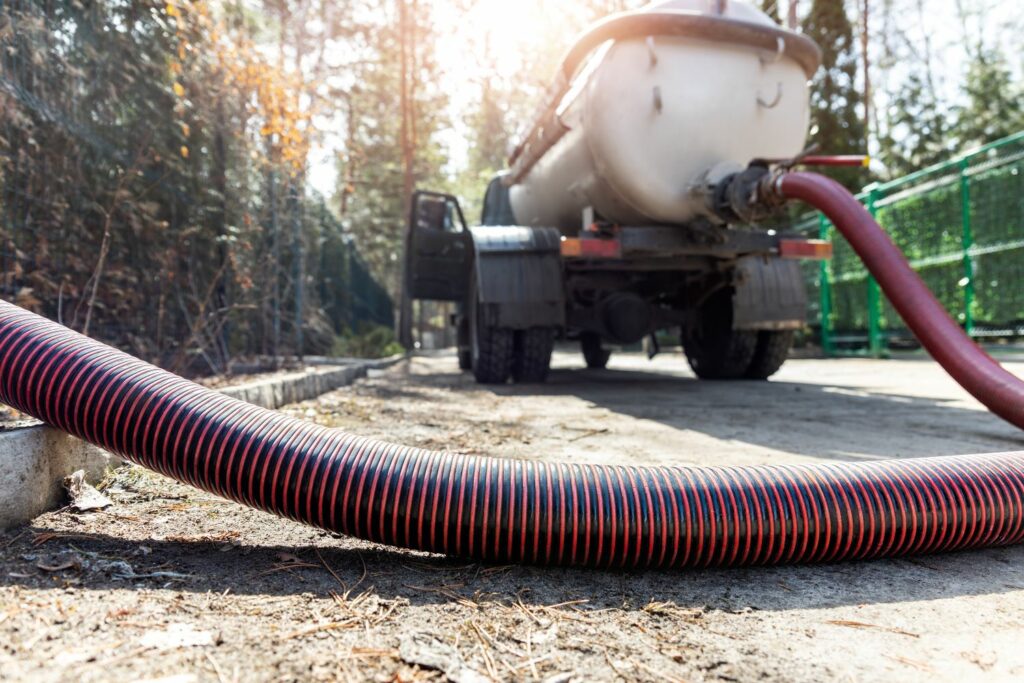Funding up to £250k available to help farmers upgrade slurry storage
24th November 2022
The government is launching grants of up to £250,000 to help farmers in England improve their slurry storage, cut costs on artificial fertilisers, and significantly reduce water and air pollution in the area.

Having adequate slurry storage is essential for protecting the environment and mitigating the impact of harmful gases on water and air quality. However, around half of slurry stores in England are currently not fit-for-purpose due to farmers facing substantial cost barriers.
As a result, many are left with no choice but to spread slurry when there is no crop need, wasting a valuable resource that is rich in nitrogen, phosphorus and potassium. Moreover, this can also lead to farms failing to comply with legal requirements for storing and spreading slurry.
Therefore, investing in good slurry management will not only help safeguard the environment, but also cut input costs by ensuring farmers make the best use of their organic nutrients.
The first round of the Slurry Infrastructure Grant will make £13 million available for dairy, beef and pig farmers across England, who will be eligible to apply for 50% match funding between £25,000 and £250,000. Grants can be used to build, expand, or replace slurry storage to achieve six months capacity.
Applications for the first round of the scheme will open on Tuesday 6th December and close on 31st January 2023. Support and further opportunities will be provided for applicants that may not be successful on this occasion.
Farming Minister Mark Spencer said:
“We know livestock farmers want to invest in slurry systems that support quality food production and protect the environment, but many are put off by high infrastructure costs and difficulty accessing finance.
“The Slurry Infrastructure grant will tackle this, helping farmers to invest in future-proof slurry storage that supports thriving farms while cutting pollution and allowing nature to prosper.”
Other than upgrading existing storage, the grants can also be put towards a range of slurry solutions such as lagoons, steel and concrete ring tanks and large slurry bags. In the long term, these investments will contribute to farmers spending less on artificial fertilisers, leading to increased farm productivity through better nutrient management and soil health.
Paul Caldwell, CEO of the Rural Payments Agency that is supplying the grants, said:
“Improving slurry storage offers farmers an opportunity to reduce the environmental impact of their businesses and cut input costs.
“We hope this scheme, which is the result of months of work with farmers and industry, will receive a significant number of applications for this first and future rounds.”
Full guidance explaining what the grant offers, the rules of the scheme and how to apply is available to view here. It also provides information for Local Planning Authorities and resources to help farmers plan their storage.
NFU deputy president Tom Bradshaw said:
“The farming industry has already made significant progress, with a 75% reduction in serious pollution incidents year-on-year compared to 2000. Farmers want and can do more to cut pollution levels and this grant will go a long way to supporting that.”
Mr Bradshaw said the new scheme is the result of close collaboration between the NFU and Defra to ensure funding support will reach as many farmers as possible.
“It’s vital that future farming schemes enable farmers to invest in new technology and infrastructure to tackle potential pollution issues and crucially improve water and air quality, as part of protecting the environment alongside producing sustainable climate-friendly food.
“I would encourage farmers to look at what’s on offer with this scheme, consider the requirements for their farm, and make their applications as quickly as possible and, if accepted, give themselves as much time as possible to make the necessary planning and building arrangements,” Mr Bradshaw urged.
Depending on demand in the first round, applicants may be prioritised in areas that are most in need of improved air and water quality.
